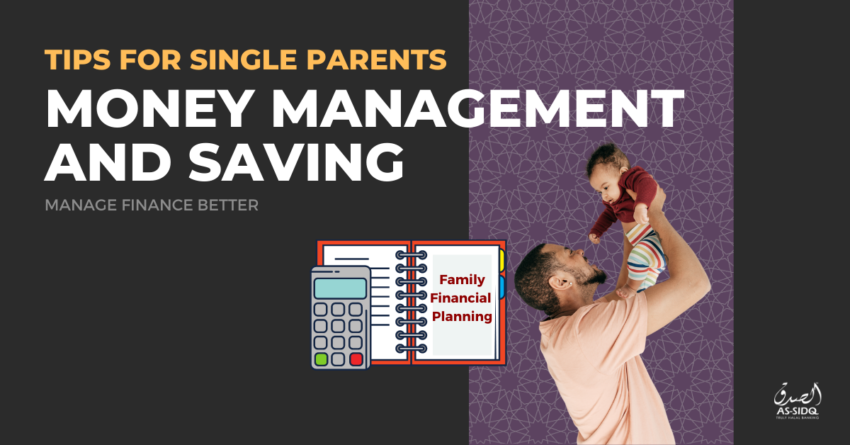If you’ve been through a divorce, you already know how financially draining and emotionally exhausting the entire process can be, especially when the case is being dragged on for years.
For Muslim women particularly who need to file for an appeal, hiring a lawyer could cost them a lot more when their partner is not cooperative.
Not to mention other fees as Syariah Courts require you to open a separate file for every different petition, each one costing a separate fee which could cost from RM3 to RM25, depending on the appeal.
If you’re left almost penniless post-divorce, it’s important that you manage your finances wisely and carefully, especially if your children stays with you. Here are the things that need to be taken care of immediately:
- Get rid of joint debt fast
There are different types of joint debts, such as loans, credit agreements and bank accounts. If your ex-partner borrowed money or you entered into a financial agreement with your ex, that’s considered joint debt. - Manage and pay off your debt
If you don’t know where to start, AKPK might be able to provide a solution free of charge. Their popular services include the Debt Management Programme (DMP), financial counselling, and financial education. For DMP, the agency’s counsellors will work with you to develop a personalized debt repayment plan in consultation with your financial service providers. - Start budgeting your monthly expenses
Since you’re the sole breadwinner, it’s even more crucial for you to start budgeting and be stricter with your expenses. To make it easier, use a financial management app to create your budget and track your spending on a daily, weekly, or monthly basis. Some helpful apps that you could use include Fast Budget, Money Lover, and Expense Manager.
- Set financial goals
0 Financial goals are important; they’re the compass that will help guide you if you’re feeling a little lost in the direction of your life. Based on your current financial situation, you can start with setting financial goals that are realistic and benefit you and your children. - Get rid of unnecessary expenses and spend frugally
Some examples of unnecessary expenses include TV cable subscription, irrelevant insurance, gym memberships or exercise classes, cigarettes or vapes, expensive mobile phone plan, takeout and delivery meals, or purchasing full-priced items. - Protect your children’s future
Set aside a certain amount of money every month for your children’s education or in the case of emergencies. If possible, get a life insurance to protect them as well. Digi Abadi for example offers an affordable life insurance at RM20 per month, with coverage of up to RM40,000. - Let your children know about your financial situation
Try to explain to your children about your financial situation, depending on their age. Be honest and make them understand why you can’t spend senselessly, and that the family would need to make some adjustments. For example, they can only buy new toys if they achieve good grades. - Educate your children on financial planning
No matter how young your children are, the sooner you teach them about financial planning, the better.
Teach them the importance of saving, investing, and handling money in their day-to-day life with discipline, how to differentiate between needs and wants, and how money is earned and its value in society.
You can also allocate a monthly budget to them to manage their small expenses independently. Other things you can teach about are online banking, related safety measures, and security best practices to be followed if they’re old enough to use the Internet.
Also, once the pandemic is over and it’s safe to be outside again, you might want to take your children to visit the Children’s Gallery at Bank Negara Malaysia Museum and Art Gallery to learn more about finances. - Check your finances on a weekly basis
Set aside some time to have a ‘meeting’ with yourself regarding your spending every week. Have you paid any urgent bills? How much money is left in your account? Is it enough to cover you until the next payday? Are there upcoming expenses to anticipate and plan for? You can also create a grocery shopping list once you figured out everything else.
- Invest in yourself
Don’t forget to take care of the most important person in your life: you. Yes, your children are your priority, but so are you. Find ways to earn extra income, or take professional courses that could increase your value. Ask for a raise if you deserve it.
As a single parent, it can be lonely and challenging to juggle multiple tasks on your own. But with proper planning and discipline, you’ll be on the right path.


